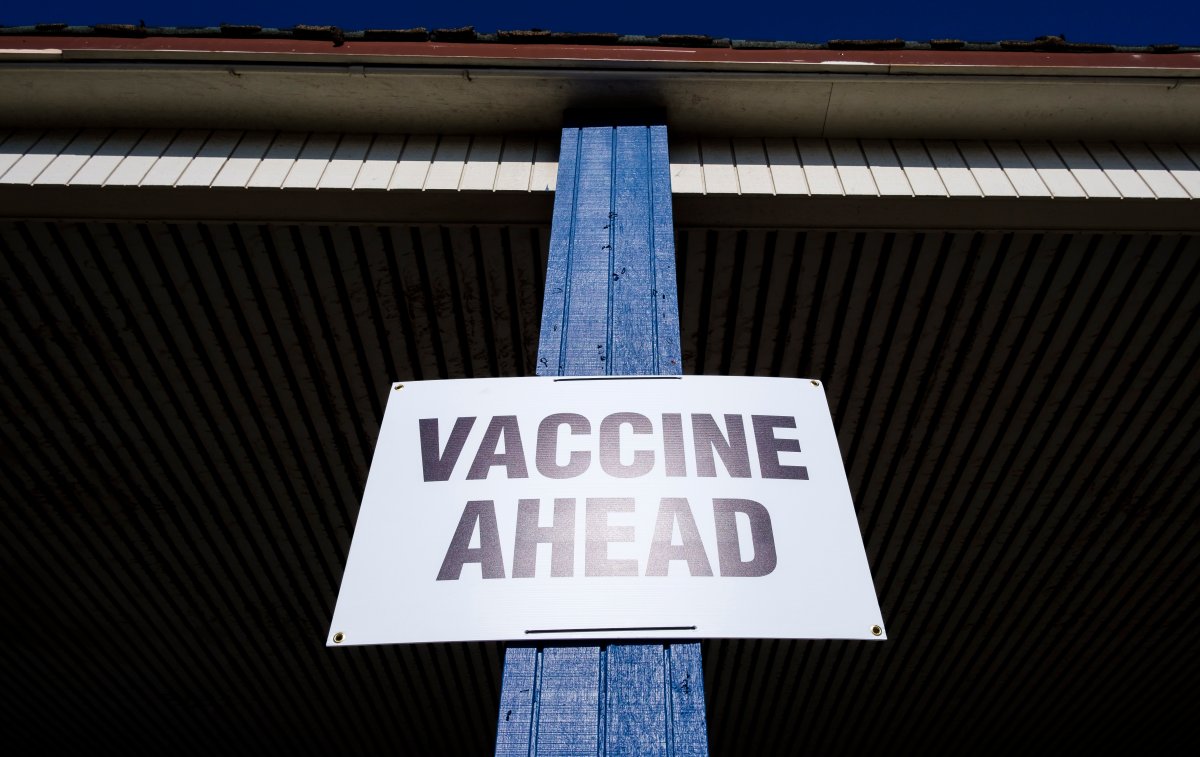World Health Organization emergencies program head Michael Ryan said on Wednesday that countries with low COVID-19 vaccination rates, combined with the lifting of restrictions, was a “toxic mixture.”

Ryan said this was a time for extreme caution, but added that each nation had to make its own decisions about what precautions to take against COVID-19 and the lifting of restrictions.
He urged countries on Wednesday to use extreme caution when lifting COVID-19 restrictions so as “not to lose the gains you’ve made”.
Ryan’s comments come as England, hosting Europe’s soccer championships, prepares to end many COVID-19 restrictions on July 19, European countries ease travel curbs and Indian states relax their lockdowns, despite accelerating infections with the Delta variant worldwide.
Ryan said that while every nation must decide for itself, individuals including the unvaccinated must take responsibility to protect themselves and others, to keep hospitals from being overwhelmed by another pandemic wave.

“The idea that everyone is protected, and it’s ‘Kumbaya’ and everything goes back to normal, I think right now is a very dangerous assumption anywhere in the world, and it’s still a dangerous assumption in the European environment,” he told reporters during a meeting from Geneva.
“We would ask governments at this moment not to lose the gains you’ve made.”
Ahead of reopening, British Prime Minister Boris Johnson has said the epidemiological situation may be aided by the arrival of summer and school holidays.
Ryan said he believed British scientists were “very aware of the threat represented by variants, especially the Delta variant” and would open cautiously.
The WHO also urged countries including the United States and Switzerland that are vaccinating 12- to 15-year-old children to instead donate doses to the vaccine sharing programme COVAX, to improve access for healthcare workers and the elderly in low-income countries.
“It’s not the pediatric population that is suffering the most,” said WHO vaccine expert Ann Lindstrand. “It is the adults, it is the medical risk groups.”
Last week, the WHO also said that any COVID-19 vaccines it has authorized for emergency use should be recognized by countries as they open up their borders to inoculated travellers.
The move could challenge Western countries to broaden their acceptance of two apparently less effective Chinese vaccines, which the U.N. health agency has licensed but most European and North American countries have not.
In addition to vaccines by Pfizer-BioNTech, Moderna Inc., AstraZeneca and Johnson & Johnson, the WHO has also given the green light to the two Chinese jabs, made by Sinovac and Sinopharm.




Comments